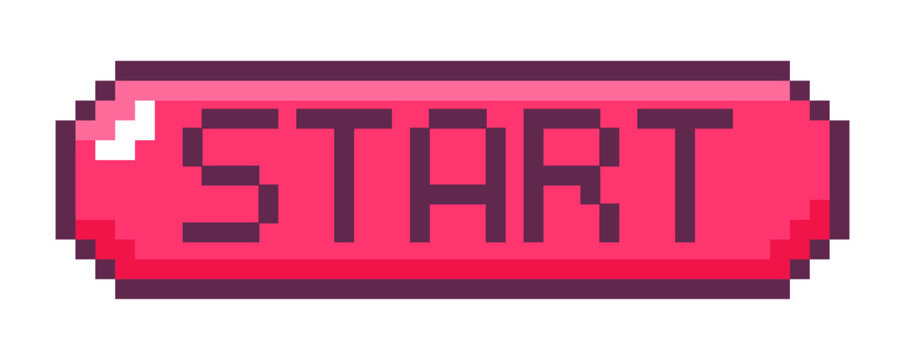In the journey of education, the early years are crucial for setting the stage for lifelong learning. The Head Start program, initiated in 1965, plays an essential role in providing children from low-income families with quality early childhood education, health services, and family support. This article explores the significance of Head Start in building a strong foundation for early learning, backed by research, statistics, and real-world examples.
The Importance of Early Childhood Education
Research consistently shows that the early years of a child’s life are vital for cognitive, social, and emotional development. The brain develops more rapidly during these years than at any other time, with approximately 90% of brain growth occurring by age five. Here are a few reasons why early childhood education is important:
- Cognitive Development: Early learning experiences enhance cognitive skills, including language acquisition, problem-solving, and critical thinking.
- Social Skills: Children learn to interact with peers, develop empathy, and build relationships in a structured environment.
- School Readiness: A solid early education prepares children for the academic challenges of school, leading to higher success rates in later grades.
Overview of the Head Start Program
![]()
Head Start is a comprehensive program designed to promote the school readiness of children from birth to age five. The program focuses on the whole child, addressing their educational, health, nutritional, and social needs. Key components of the program include:
- Educational Services: Curriculum designed to foster cognitive and social-emotional development.
- Health Services: Regular health screenings, nutritional education, and access to healthcare.
- Family Engagement: Involvement of family members in their child’s education and access to resources.
Head Start’s Impact on Child Development
Numerous studies have demonstrated the positive impact of Head Start on child development. According to a report from the U.S. Department of Health and Human Services, children who participated in Head Start showed significant gains in various developmental areas:
- Language and Literacy: Participants exhibited improved vocabulary and literacy skills compared to their peers.
- Math Skills: Children in Head Start programs demonstrated better mathematical understanding and problem-solving abilities.
- Social-Emotional Development: Head Start graduates displayed enhanced social skills and lower levels of behavioral problems in school.
Case Studies: Success Stories from Head Start

Real-life examples illustrate the transformative power of the Head Start program. Below are a few notable success stories:
Case Study 1: The Johnson Family

The Johnson family, living in an economically disadvantaged neighborhood, enrolled their three-year-old daughter, Mia, in a local Head Start program. Through the program, Mia received access to quality early education, health screenings, and nutritious meals. As a result:
- Mia developed strong literacy and numeracy skills, allowing her to excel in kindergarten.
- The family received support for nutritional education, leading to healthier eating habits at home.
Case Study 2: Community Transformation in New Orleans
In New Orleans, Head Start programs have worked to rebuild communities post-Hurricane Katrina. By providing educational resources and support to families, the program has been pivotal in:
- Enhancing school readiness among children in the region.
- Strengthening family involvement in education and community activities.
Challenges and Criticisms of the Head Start Program

While Head Start has had numerous successes, it is not without challenges. Some criticisms include:
- Access and Funding: Limited availability of slots and inconsistent funding can restrict access for low-income families.
- Quality Variability: The quality of Head Start programs can vary significantly across regions, affecting outcomes.
- Long-Term Impact: Some studies suggest that the gains made in Head Start may diminish over time without continued support.
The Future of Head Start: Innovations and Adaptations
To address these challenges, the Head Start program is evolving. Innovations and adaptations include:
- Integrating Technology: Many programs are incorporating technology in classrooms to enhance learning experiences.
- Expanded Family Services: Providing more comprehensive support for families, including job training and mental health services.
- Data-Driven Approaches: Utilizing data to assess program effectiveness and improve service delivery.
Conclusion: The Lasting Impact of Head Start
The Head Start program represents a crucial investment in the future of our children and society. By providing access to quality early education, health services, and family support, Head Start plays a significant role in leveling the playing field for children from low-income families. As we look to the future, ongoing innovation and support will be necessary to ensure that all children receive the foundational skills they need for lifelong success.
In summary, Head Start is more than just an early education program; it is a comprehensive approach to fostering the cognitive, emotional, and social development of children. With its proven track record and commitment to continuous improvement, Head Start remains a vital resource in building the foundations for early learning.




